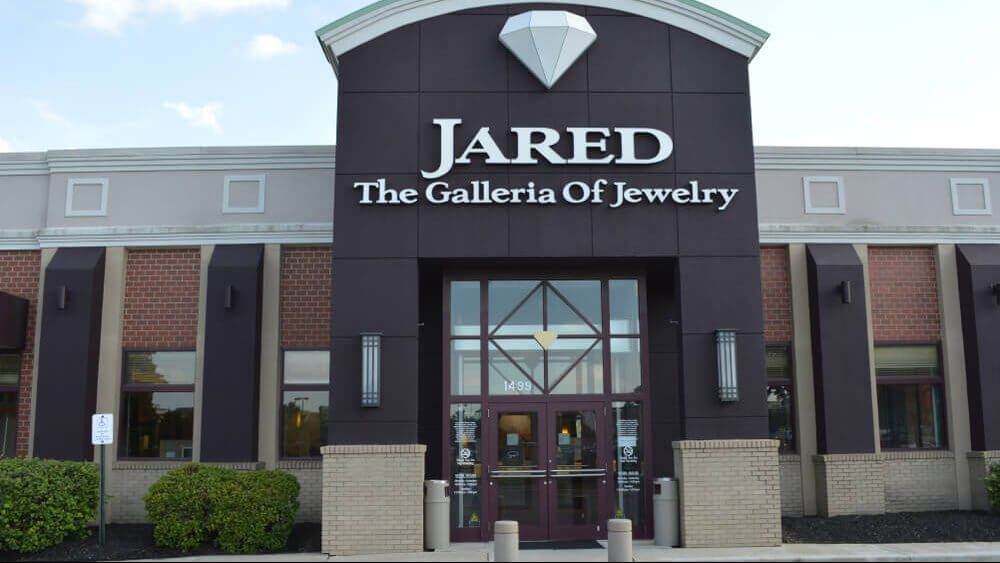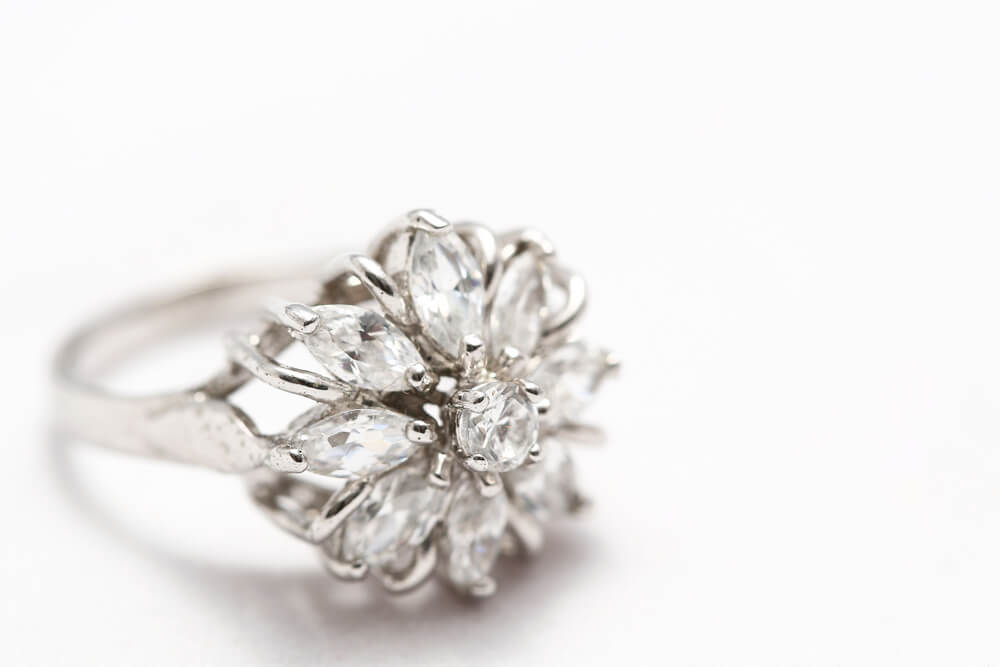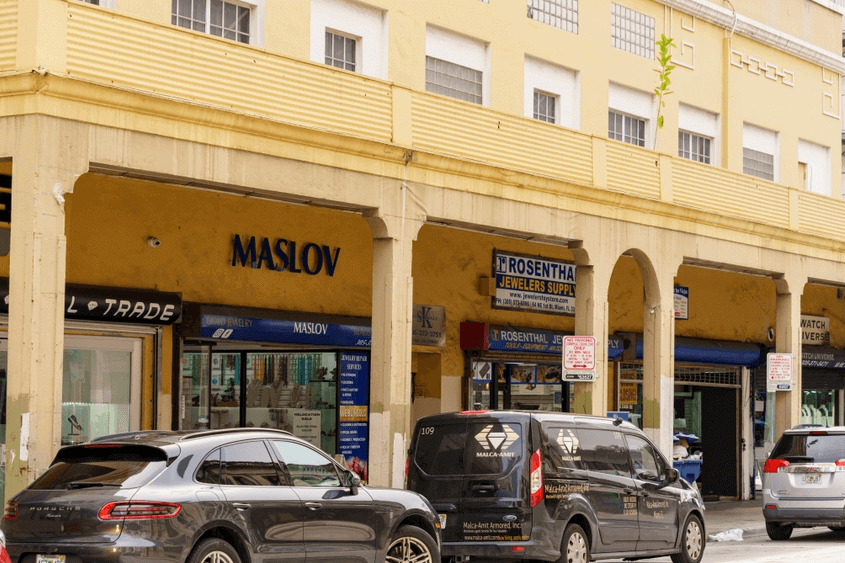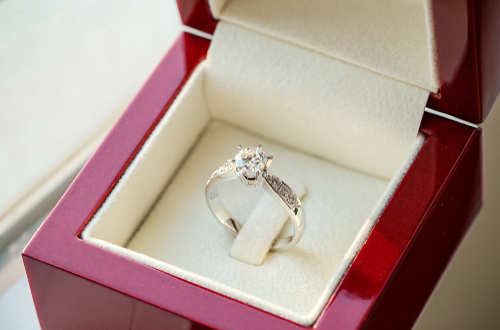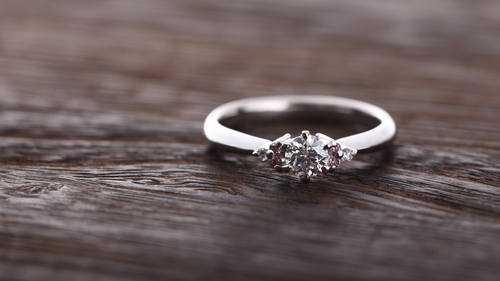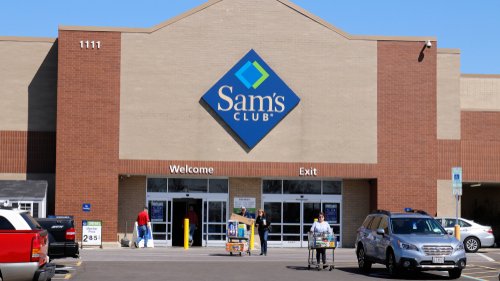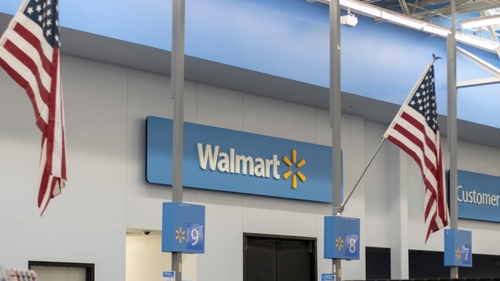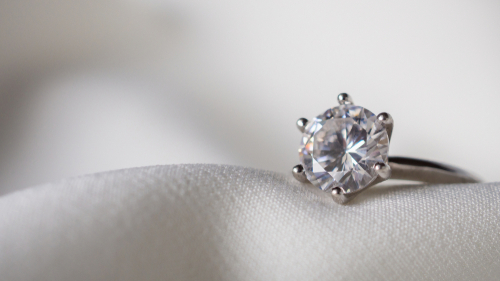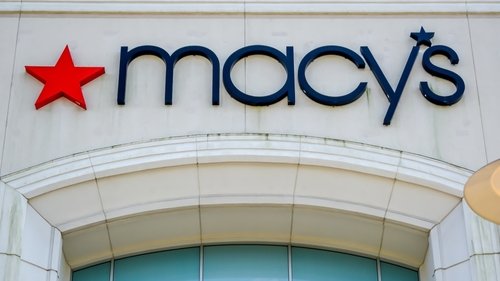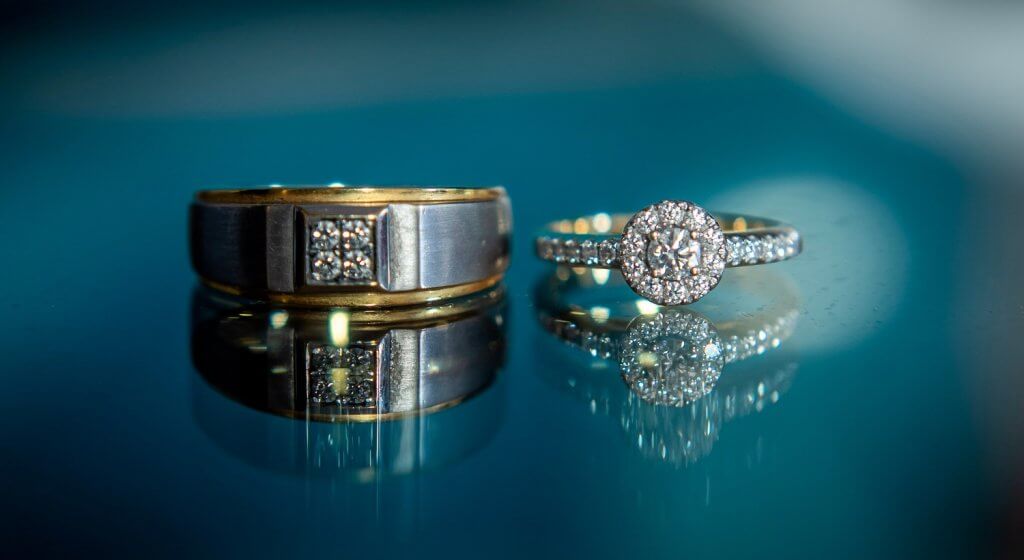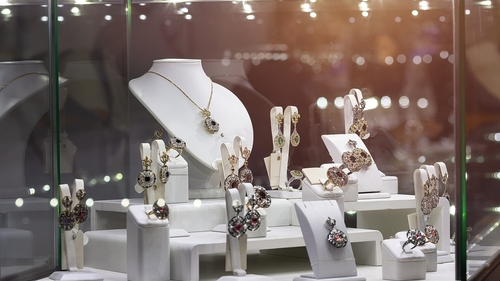Michael Hill Review: Should You Trust Them with Your Engagement Ring?

In this comprehensive review, we’ll explore:
- Michael Hill has a long history in the US. It’s likely best known as a mall-based jewelry store which, if you’ve read around our site much before, you’ll know doesn’t necessarily make it a poor choice.
- At a mall store, you still get a much more personal level of service than you’d get from an online vendor, which are often marketed as the ‘convenient’ alternative.
- However, the trouble with Michael Hill lies in its selection of diamonds. Unlike other bricks-and-mortar jewelry stores we’ve reviewed at WillYou.net, Michael Hill’s diamonds are GSI certified.
- We only ever recommend our readers invest in GIA or AGS diamonds. GSI diamonds are not a wise choice, since the lab is known to be inconsistent and unreliable.
Michael Hill has a pretty unique position when compared with the other jewelry stores we’ve reviewed already, in that, while it’s not the biggest or most recognizable name in the US, it more than compensates for that fact by its global renown. What started in New Zealand in the late 1970s has grown into something of a powerhouse over the course of almost half a century.
Their first store was originally opened with the intention of making jewelry shopping less of an intimidating prospect – and, as a result, helping shoppers to enjoy the process of looking, trying on, and consulting with their jeweler.
It was a great mission, and an excellent philosophy, and it’s something that, these days, we feel is executed perfectly by a very long list of jewelry stores across the US. As for Michael Hill, however, we’re less than impressed…
Our thoughts:
The positives: able to offer the all-important in-store experience to shoppers.
The negatives: diamonds are GSI certified, and quality is unreliable.
The Brand
Michael Hill’s first store was opened in 1979, in a town called Whangarei, New Zealand. Eight years later, after gaining considerable attention from the New Zealand market, the store expanded into Australia then, after the turn of the millennium, the USA and Canada.
Their stores often occupied mall locations, and, as is the way with so many mall-based chain stores, started to take on a pretty generic, cut-and-paste appearance and atmosphere.
If you’d read our guide to jewelry stores in the mall before, you’ll know that we don’t have any major, on-sight issues with them. Sure, there are a lot of malls out there that are perhaps a little bland, and a little short on character – and that vibe, sometimes dreary or workaday, can infect the stores operating within them if they’re not careful. But, at the same time, there are plenty of mall-based jewelry stores doing an excellent job, and offering that first-rate experience we consider to be an integral part of making a good diamond purchase.
If you’re looking for a good mall jewelry store, we found plenty of positives in our review of Ben Bridge, for instance.
But, when it comes to Michael Hill, we were left disappointed – most notably, by the quality of the diamonds they source for their customers…
The Experience
The fact that Michael Hill’s diamonds are graded by the GSI tells you more about the experience they offer to their customers than anything else, in our opinion.
We’ve written a comprehensive guide to certification from the GSI (the Gemological Science International) – and, more specifically, why you should avoid wasting your money on GSI diamonds at all costs – but the crux of the issue is that their services tend to appeal to large chain stores because of two major reasons.
The first reason is speed. They’re not as slow and exacting as, say, the GIA, which means they can churn out reports to meet a much higher level of demand. The second is cost-effectiveness.
That’s all well and good, but the GSI is also known for being far less consistent – and far ‘looser’ – in its approach to grading quality, meaning that it’s not uncommon for a diamond to be given a higher grade from the GSI than it would get from the GIA. In this scenario, the diamond looks better on paper than it really is to a discerning eye, and whoever is selling it can get a higher price.
The ranking of independent diamond labs is not a secret – or, for the most part, a subjective matter. The GIA and AGS are globally renowned, particularly for the level of consistency and reliability they offer to shoppers. As a result, it’s easy to feel pretty skeptical towards jewelry stores that choose to utilize a laboratory that is widely thought to be significantly less reliable.
The biggest advantage Michael Hill offers to its customers is that they aren’t trying to convince them to drop thousands of dollars on a unique item without ever seeing it in person first. If you’re looking for jewelry stores open now near you, you can use this locator to find the best options. Bricks-and-mortar stores will always have the edge over online vendors for that reason but, at the same time, save your time and money for a store offering GIA graded diamonds.
The Cost
Michael Hill’s diamonds and engagement ring settings are about what you’d expect from a predominantly mall-based chain jewelry store. It’s hard to say whether or not their prices reflect the true quality of the diamonds, however, simply because of the fact that a GSI diamond will, to us, always come with a question mark. Diamond certification is there to provide the shopper with transparency and understanding – not ongoing concerns and uncertainties.
Is Michael Hill Good Quality?
Since GSI certification is unreliable, we see Michael Hill’s quality as the same.
The store has a shaky reputation for quality, particularly for its engagement rings.
Is Michael Hill from New Zealand?
Yes, their first store opened in New Zealand in 1979.
The brand remains highly successful in New Zealand and Australia to this day.
Our Summary
We don’t like to see a bricks-and-mortar jewelry store fair so poorly, since these physical stores are under mounting pressure from the trend of online shopping, but there’s no way of sugarcoating a store that relies so heavily on a loose grading lab without putting readers at a disadvantage.
We would expect a store like Michael Hill to acknowledge something as basic as the importance of diamond quality, and ensuring that their customers – customers investing significant money into a single item, and hinging a major life change on it – are in position of all the facts.
So, while we will always stand in favor of a store that stays true to the in-store experience that is, in our opinion, as essential to buying a diamond as the diamond itself, we can’t give a higher rating to Michael Hill, or the service that it has chosen to offer to an international customer base.
If you’re still on the hunt for a reputable, bricks-and-mortar jewelry store in your area, then take a look at our own recommendations using our Jewelry Store Locator, rather than leaving it up to chance.
Note:
The insights provided in this review are drawn from publicly available data, customer reviews, and expert analysis. Our goal is to offer a balanced perspective to help buyers make informed decisions.
This site is not affiliated with or endorsed by Michael Hill jewelers. All information is based on publicly available data and independent evaluations. Logos and trademarks belong to their respective owners and are used for informational purposes only.
Readers are encouraged to verify all details with the retailer directly before making a purchase.




